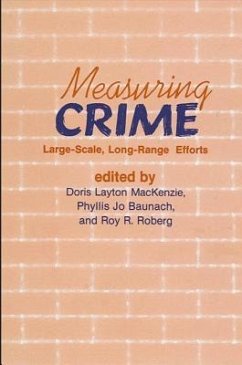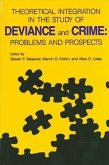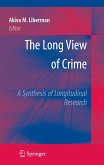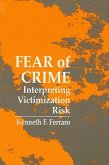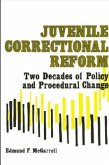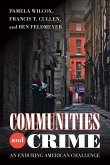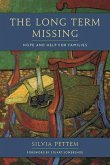The authors systematically explore and integrate available knowledge about the essential large data bases in criminological research. The book critically examines the way crime is measured, and the future of statistical methods in the National Crime Survey and the Uniform Crime Reports (FBI). A distinguished group of contributors discusses theoretical issues of crime measurement, analyzes the National Crime Survey (NCS), examines surveys and censuses for prisons and jails and their limitations, explores the use of archival data in criminological research and measuring homicide, and discusses implications for policy in the criminal justice arena.
Hinweis: Dieser Artikel kann nur an eine deutsche Lieferadresse ausgeliefert werden.
Hinweis: Dieser Artikel kann nur an eine deutsche Lieferadresse ausgeliefert werden.

